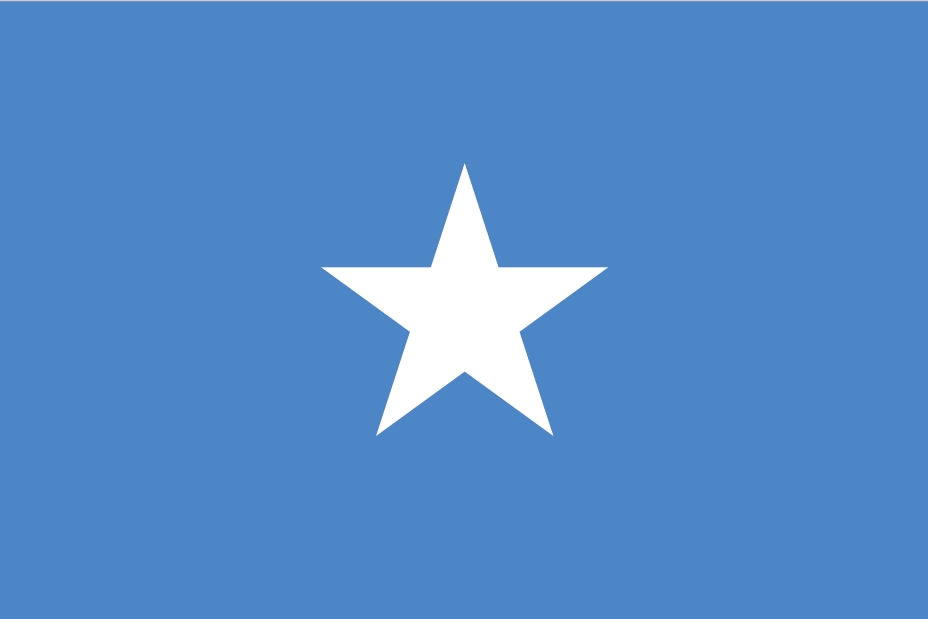
Sustainability Efforts
Country: Somalia
Explore sustainability efforts in Somalia. Explore sustainability efforts in The United States Environmental Protection Agency (“EPA”) said it well when they state:
“Sustainability is based on a simple principle: Everything that we need for our survival and well-being depends, either directly or indirectly, on our natural environment. To pursue sustainability is to create and maintain the conditions under which humans and nature can exist in productive harmony to support present and future generations.”
About Somalia
Somalia, located in the Horn of Africa, has a complex history and faces significant challenges. It has experienced political instability, armed conflict, and humanitarian crises. Somalia’s capital, Mogadishu, offers a mix of ancient architecture, bustling markets, and a vibrant culture. The country has a diverse ethnic makeup and rich cultural heritage, expressed through traditional music, dance, and cuisine. Efforts are being made to rebuild infrastructure and promote stability. Somalia also boasts stunning beaches along the Indian Ocean coastline. Despite its challenges, Somalia has resilient and resourceful people striving for peace and development. Sustainability efforts in Somalia will enhance the country’s future.
Sustainability Efforts
Toggle each button below to “open” and “close” the presented data.

Poverty: Somalia has been striving to reduce poverty with the help of international organizations and local initiatives. The World Bank, for example, approved $80 million in 2021 to aid economic recovery and reduce poverty levels. Furthermore, a Social Safety Nets project has been implemented, providing cash transfers to vulnerable households and building resilience to shocks.

Hunger: The Food and Agriculture Organization (FAO) and the World Food Programme (WFP) have been playing a significant role in combating hunger in Somalia. FAO’s "Cash+ programme" has been providing cash transfers and agricultural inputs to vulnerable households, thus improving food security. Meanwhile, WFP assisted 2.5 million food-insecure Somalis in 2021.

Healthcare: Somalia, along with organizations like WHO and UNICEF, has been working to improve healthcare access and quality. Polio and measles vaccination campaigns have reached millions of children, and programs addressing maternal and child health are ongoing. The Global Fund committed $13.7 million in 2020 to combat tuberculosis, HIV/AIDS, and malaria in the country.

Education: Educational initiatives such as USAID's Alternative Basic Education for Pastoralist (ABE-P) have been providing basic education to Somali children who lack access to formal schools. UNICEF's "Go 2 School" initiative has aimed to reach a million children, helping to bridge the education gap.

Gender Equality: The Somali government, supported by organizations like UN Women, is taking steps to advance gender equality. Laws to protect women's rights are being developed, and initiatives are ongoing to increase women's political participation, economic empowerment, and access to education.

Clean Water Sanitation: The UN's Central Emergency Response Fund has funded water, sanitation, and hygiene (WASH) programs in Somalia, targeting millions of people. Other organizations such as CARE Somalia have also been involved in WASH projects, providing clean water, toilets, and hygiene training in communities.

Affordable Clean Energy: The Somali Energy Transformation (SET) project, backed by the African Development Bank, aims to increase access to affordable and sustainable electricity in Somalia. This project focuses on off-grid solar solutions, which are ideal for the country's rural areas.

Economic Growth: The International Monetary Fund's Heavily Indebted Poor Countries (HIPC) Initiative has aimed to relieve Somalia's debt burden, promoting economic stability and growth. Additionally, the Somali government has launched the National Development Plan, focusing on sectors such as agriculture, fishing, and livestock.

Industry Innovation: Through the Innovate Ventures program, supported by the World Bank and the European Union, tech start-ups in Somalia are being given the support and funding they need to innovate and grow, stimulating economic development and creating jobs.

Reduced Inequalities: Various NGOs and UN agencies are working in Somalia to reduce inequalities. Programs focus on supporting internally displaced persons, gender equality, and increasing the political representation of marginalized communities.

Sustainable Cities: The UN Habitat's "Participatory Slum Upgrading Programme" is active in Somalia, aiming to improve living conditions in slums. The program focuses on sustainable urban planning and development.

Responsible Consumption and Production: The Somali government is partnering with international agencies like UNDP to promote sustainable consumption and production, emphasizing sectors like agriculture and fisheries.

Climate Action: Somalia is taking climate action with the support of international partners. For example, the "Building Resilient Communities in Somalia" program, funded by the Green Climate Fund, aims to strengthen the resilience of vulnerable communities to climate change and extreme weather events.

Aquatic Environment: The Somali government, in collaboration with international partners, is working to protect its aquatic environment. Programs such as the Indian Ocean Tuna Commission (IOTC) are aiming to ensure the sustainable use of marine resources.

Natural Environment: In partnership with organizations like the World Bank, Somalia is taking steps to safeguard its natural environment. Initiatives are focusing on sustainable land management and reforestation, combatting deforestation and land degradation.

Peace and Justice Institutions: The Somali government, backed by the United Nations and the African Union, is making efforts to improve its peace and justice institutions. Initiatives include strengthening the judiciary, promoting human rights, and building the capacity of the security sector.

Partnerships for the Goals: Somalia has established partnerships with various international organizations to achieve its sustainability goals. Partners include the World Bank, the United Nations, the African Union, the European Union, and various NGOs. These partnerships are helping Somalia address its complex and interrelated challenges.



